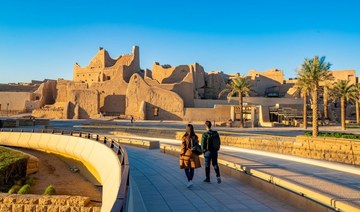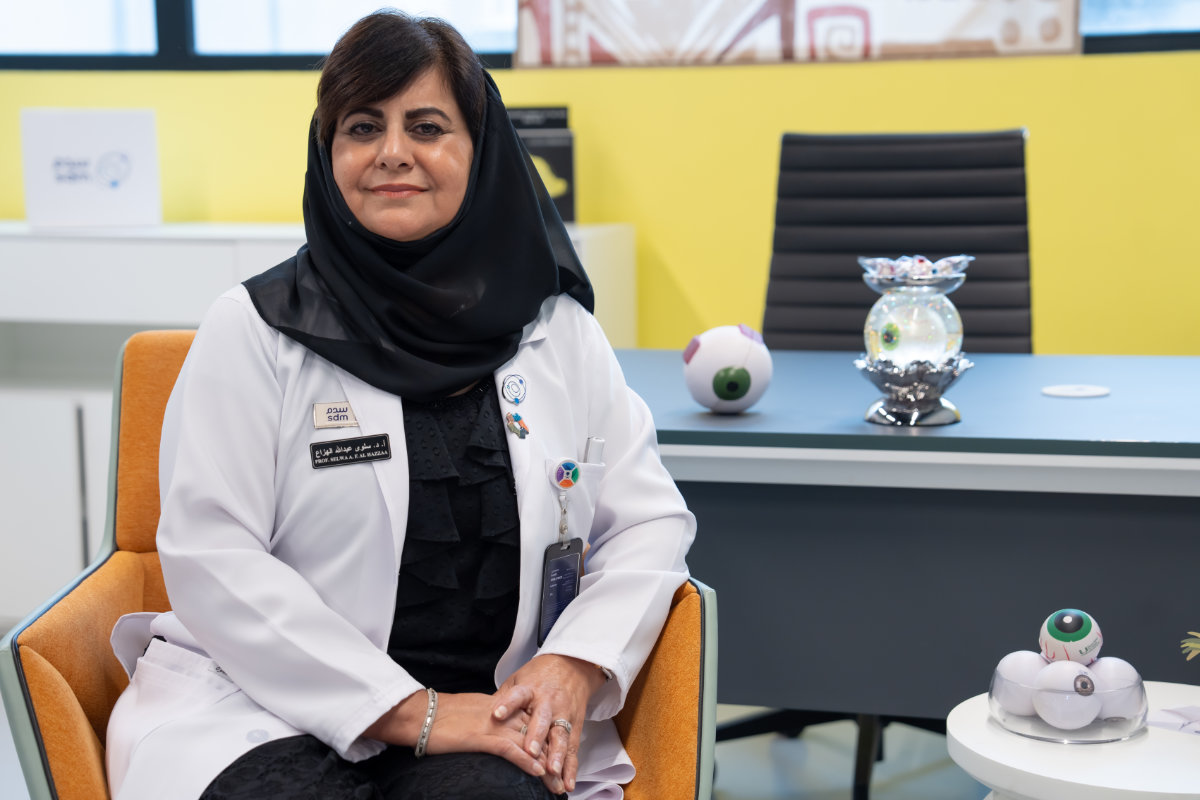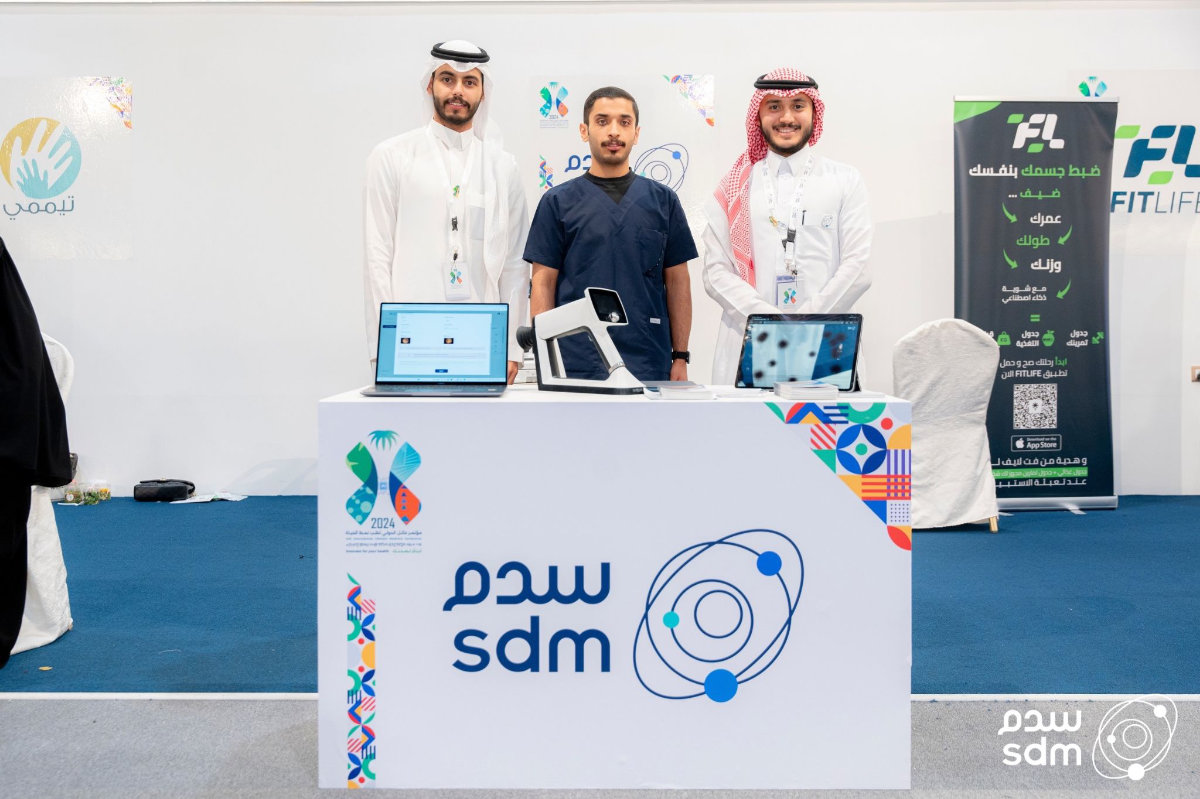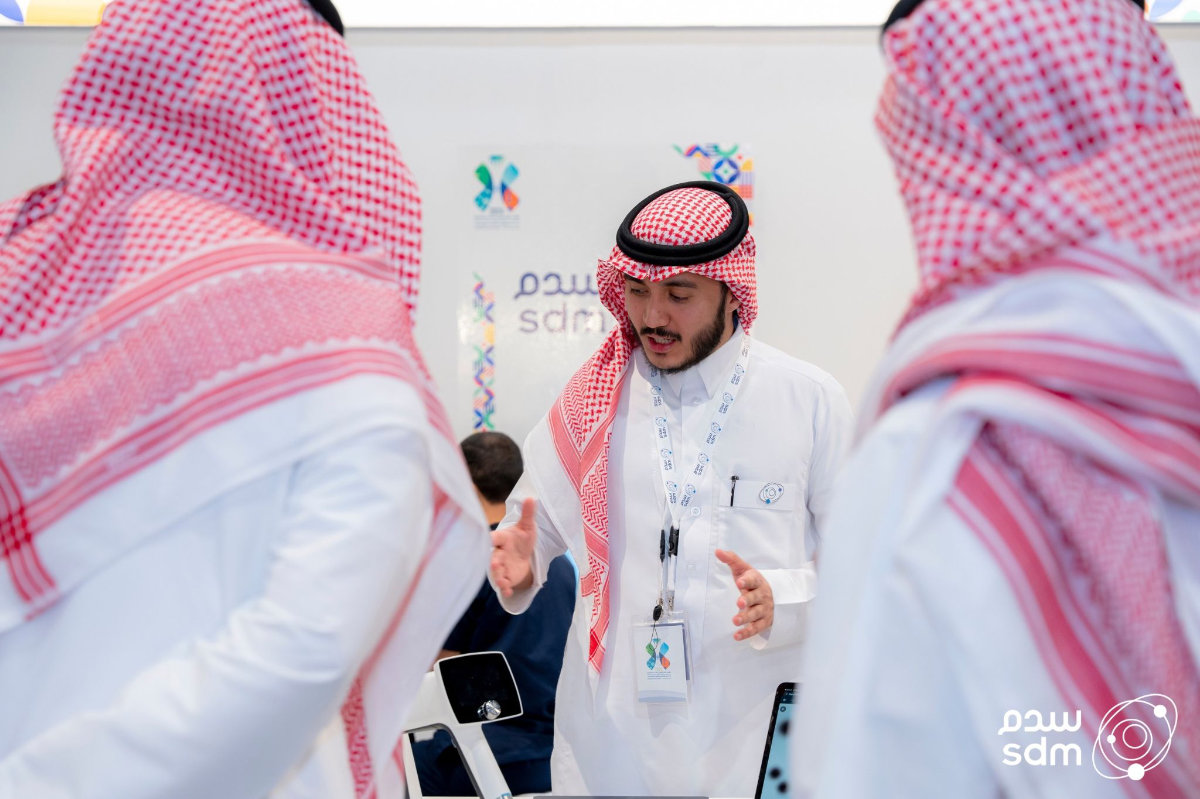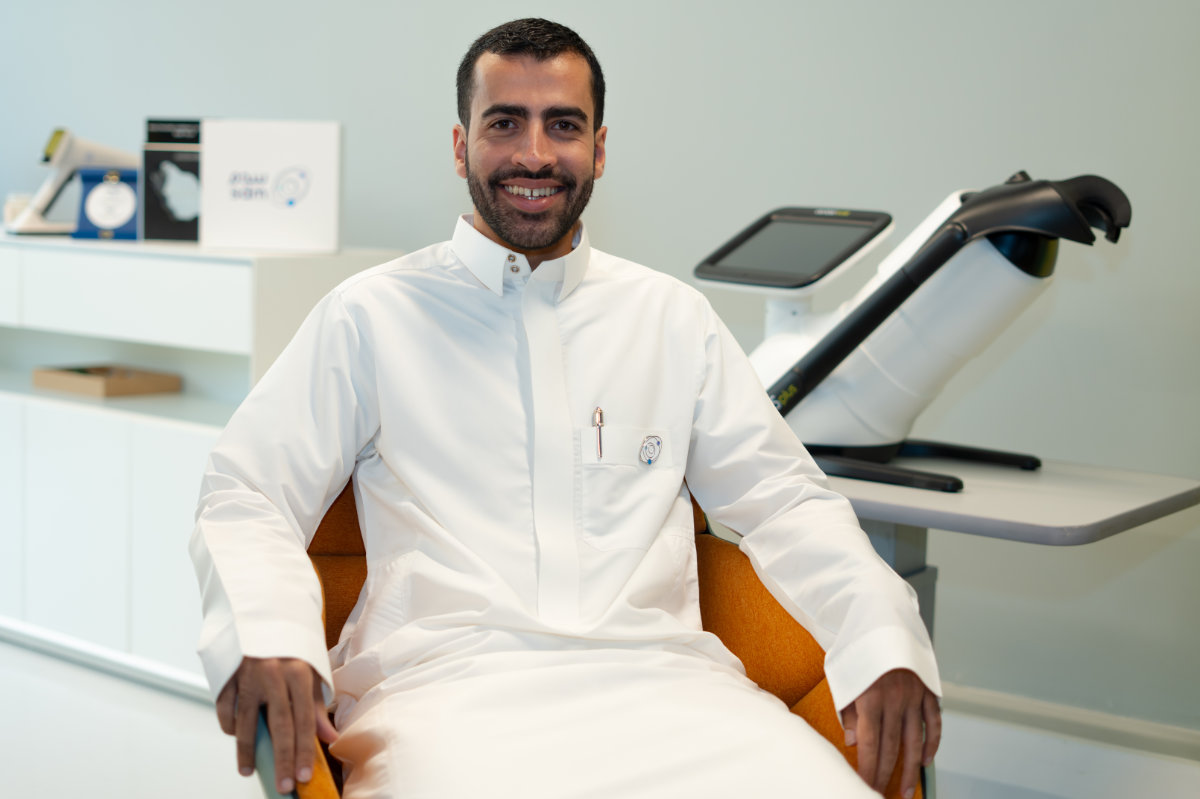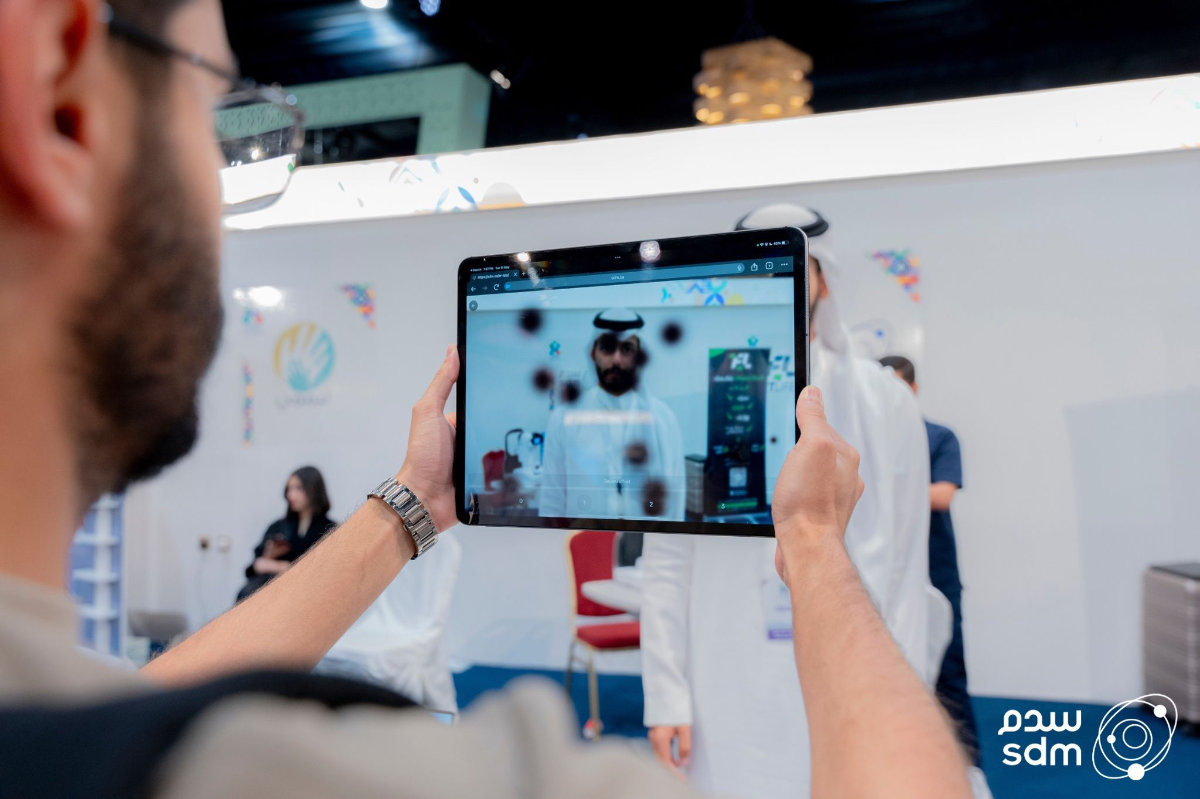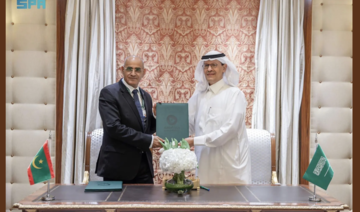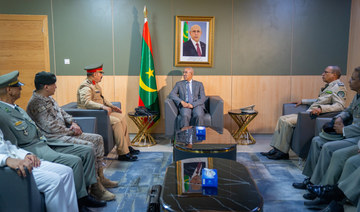RIYADH: The future introduction of electric cars into Saudi Arabia is unlikely to jeopardize the Kingdom’s oil industry, according to Energy Minister Khalid Al-Falih.
Research into the use of hydrogen to power vehicles was already an area being looked at by experts in the country, the minister revealed.
Al-Falih was speaking at the inaugural Saudi Energy Forum (SEF) in Riyadh, organized by information consultancy Gulf Intelligence and attended by an estimated 400 representatives of the Saudi energy and mining sectors.
Delegates exchanged data on how global energy trends such as cybersecurity and climate change could impact Saudi Arabia and the wider global energy market.
The energy minister spoke about electric vehicles (EVs) during a forum session focused on wasys to harness emerging technologies to accelerate the Kingdom toward achieving the Vision 2030 reform plan targets.
He told delegates: “We’re undertaking a deep study on what it would take to invest in charging stations, to modify the grid in the Kingdom, so that we have thousands of cars by consumer choice or by potential policy for ground-level emissions, but we need to know the cost-benefit analysis.
“This is still in the study phase. Are electric vehicles going to doom oil? Is it going to impact the energy sector? The answer is no, because electric vehicles are only going to be economic in the light transport sector.
“Trucks, ships, and planes will continue to rely almost exclusively on petroleum-based fuels. So, yes there is a slight flattening of the demand curve, but the demand will continue to grow for oil, and we need the contributions of all of these modes of energy and mobility.”
Al-Falih added: “On the manufacturing side, we’re definitely committed to alternative modes of mobility. Hydrogen is another mode that we are looking at, and I know Aramco is looking at it, KAUST (King Abdullah University of Science and Technology) is looking at it, and a number of initiatives including hydrogen fuel cells, vehicles that will be experimented with in the Kingdom.”
He said the global adaptation and penetration of electric vehicles depended on the relative cost of electricity to petroleum fuels, and the number of subsidies from governments.
“We’ve seen governments in California and Norway where subsidies have reduced but not been completely eliminated, and demand for electric vehicles has been at 80 percent or more.
“In addition, governments have to put massive investments into the electrical infrastructure to support reinforcing the grids in neighborhoods and workplaces to allow fast-charging stations. So, it’s a multi-dimensional formula,” he said.
“Norway, for example, has a lot of hydro, cheap — almost free electricity, coming from its hydro resources. It makes sense that the country puts it into mobility.
“In the Kingdom, it is a different situation. The pure economics from a consumer standpoint, and from a government standpoint today do not support wide penetration of electric vehicles.”
The minister added: “Having said that, the capacity for electric vehicles today does not support those kinds of sales where 20 percent of global sales are EVs. So, if there is a vacuum for us to fill its probably more in EVs than conventional vehicles, because we believe EVs are going to grow faster than conventional vehicles.”
The forum hosted more than 40 speakers from within the Kingdom and abroad, and was attended by representatives of leading energy corporations, senior government officials, entrepreneurs, and businesspeople alike. The conference served to strengthen links between energy authorities and find the best ways to adapt to the opportunities and challenges that the present-day energy industry offers.
With technology having an ever-increasing influence on all major industry sectors, roundtable sessions at the SEF focused on brainstorming how energy and utility companies could best leverage the latest smart technologies when engaging with their respective market base.
Chairman of the Arabian Co. for Water and Power Development (ACWA Power) Mohammed Abunayyan discussed Industry 4.0 digital transformation.
“For us in our industry, we do not have an option,” he said. “We have to be part of it. Today we have two operating centers — one in Jeddah and one in Dubai. Why? Because we want to have all 49 of our plants in operation connected in real time, with real data.
“Today 13 of our plants are connected to the two centers, and by the fourth quarter of this year we will have all 49 operating and connected to these centers. Today the market is changing, and we have to be a part of this change.”
Abunayyan told delegates of the consequences of not keeping up with change. “You’re going to be bankrupted and you will leave this market. Either you are proactive in staying ahead of the curve, investing in the future, and riding this wave — because it is a wave — or you can stand still and just watch.
“This is a bullet train. Today we are sitting in a bullet train. You can step in or you can sit at the station and be left behind. For me, 4.0 is not an option. People have to be open-minded, have to accept change, and accept that some industries are going to disappear,” he added.










